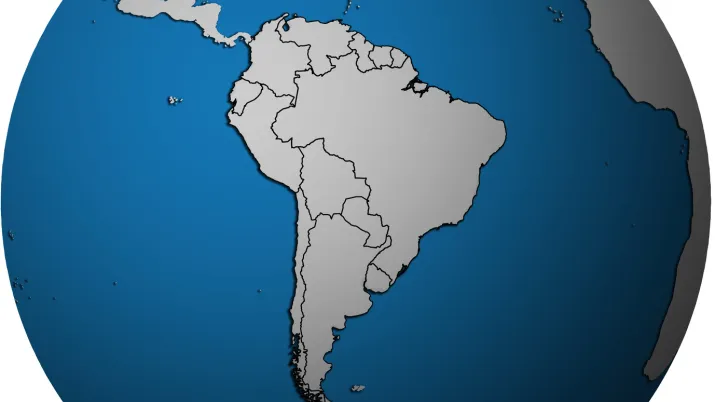News
Cameroon own path towards municipal solid waste management
Cameroon's municipal solid waste management (MSWM) policy is based on a public-private partnership which ensures regular collection and processing service for domestic waste in the major cities. The m...
Published on
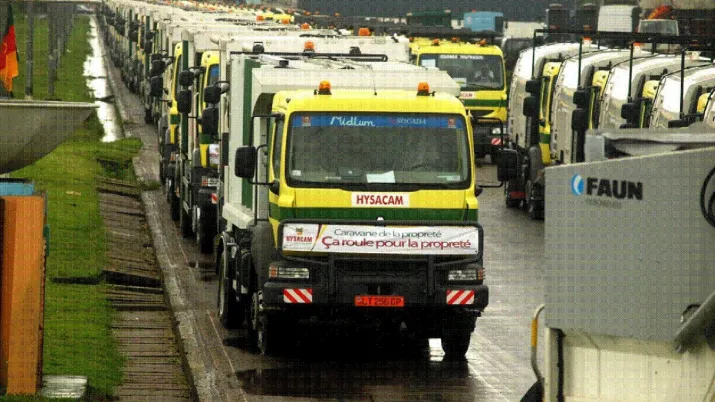
Municipal Solid Waste: turning a problem into resource
The management of municipal solid waste (MSW) is not just a public service, it is also an important economic sector. The sector is worth USD 390 billion in both OECD and emerging countries, and provid...
Published on

Stimulating private investment in the forestry sector
Deforestation has devastating effects in developing countries. Managed sustainably, forestry projects provide solutions to economic, environmental and social problems by creating jobs, developing infr...
Published on
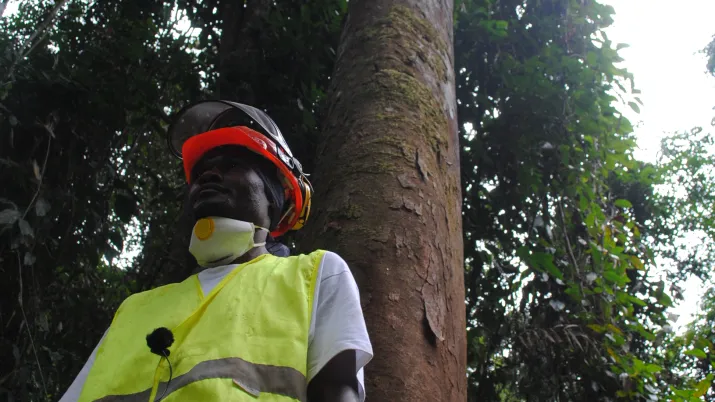
Preliminary feedback on FSC certification from an operator's point of view
In 2008, Rougier embarked on the process of securing FSC certification for its Gabon concessions and for its traceability chain (FSC-C017653). The decision was essentially a leap of faith: at that tim...
Published on

Forest management plans in the Congo basin
More than half the forests in the Congo Basin have been allocated as concessions, and most are covered by Forest Management Plans (FMPs). The introduction of these plans – supported by French cooperat...
Published on
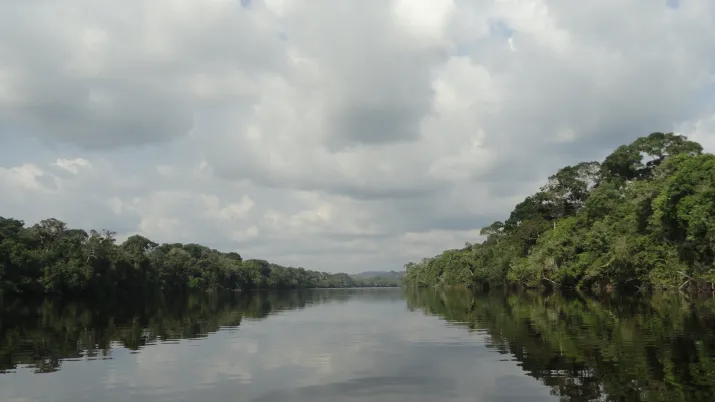
Forest management by community forest enterprises
For conservation to be synonymous with development, local populations need to be involved in forest management. Traditional community-based forest management is, however, not without its drawbacks. Th...
Published on
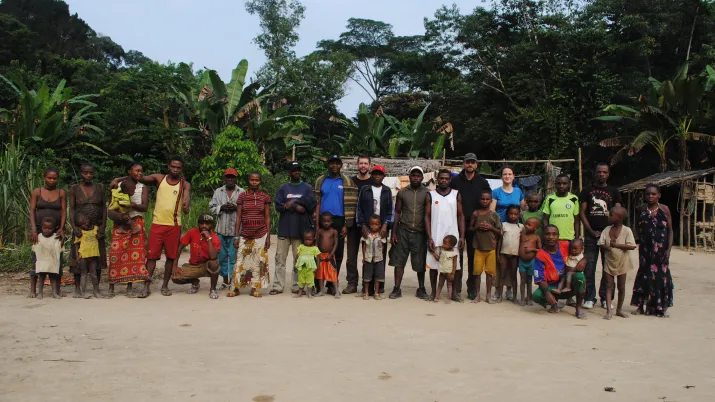
Developping the forestry sector with carbon markets
Forests are vital carbon sinks. Although forestry projects dominate the voluntary carbon markets, they still occupy a marginal position on the larger, compliance markets. This is mainly due to their i...
Published on
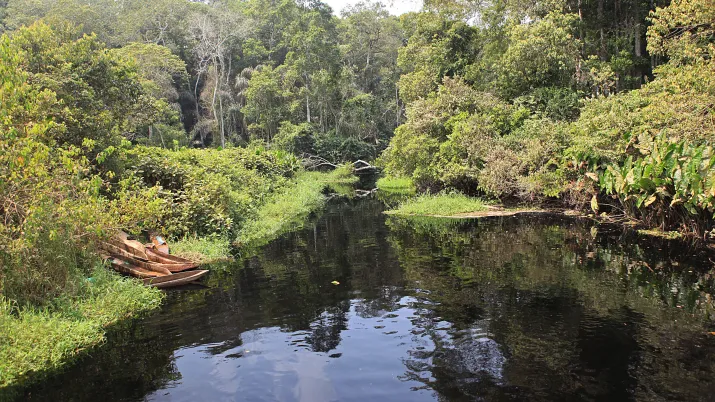
Forestry assets in Africa : promising returns
Solid biological growth rates, low establishment and maintenance costs, land availability, and demand for forestry products make Africa an attractive forestry option. Typical emerging market risks as...
Published on
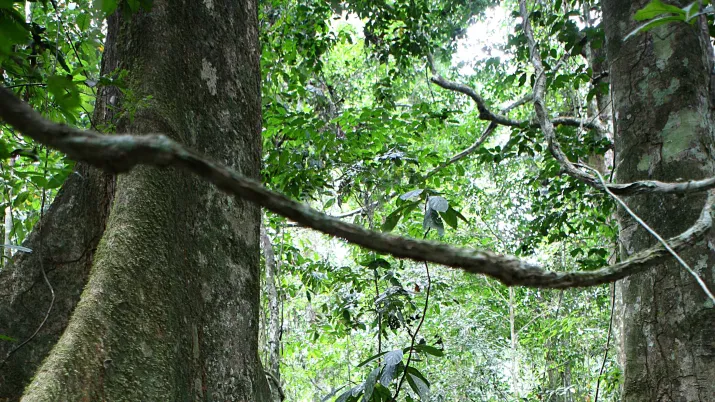
Meeting the challenge of sustainable forest management
Forests serve ecological functions (they regulate the water cycle, sequester carbon and help preserve biodiversity), social functions (providing places to live, a means of subsistence) and economic fu...
Published on
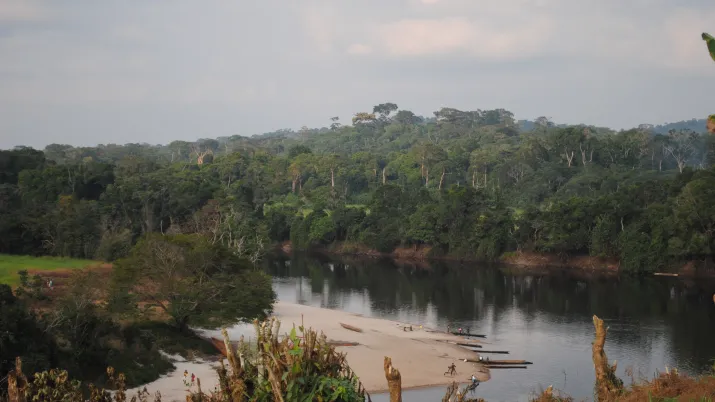
Refining trade regulation to support and stabilise local agricultural production in Africa
Rice and sugar production in West Africa is inadequate. Imports meet a significant proportion of this region's consumption requirements, undermining its food sovereignty. Trade regulation, if it is mo...
Published on
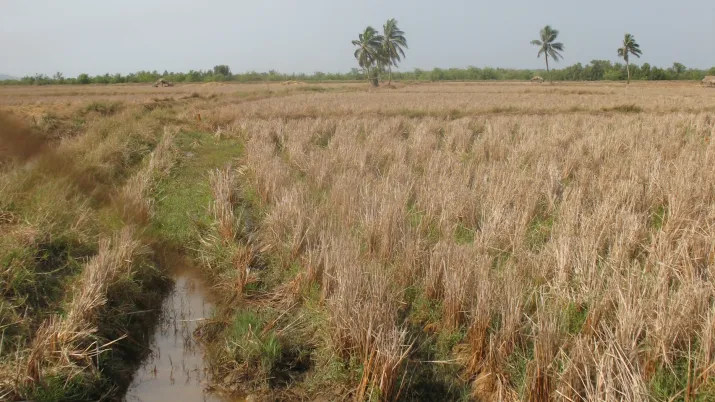
Africa at the heart of growth
The agricultural sector in sub-Saharan Africa is impeded by numerous constraints: production weaknesses, the difficulty of accessing finance, infrastructure conditions and the impact of the regulatory...
Published on
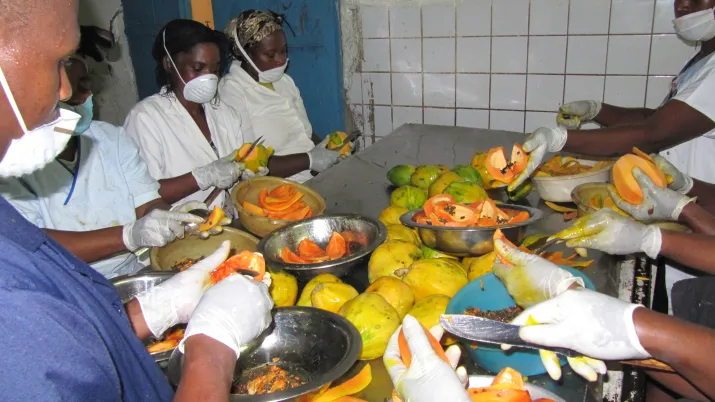
Challenges for agricultural financing
With state funding coming to an end, Ghana's Agricultural Development Bank is reorganising to meet the agricultural sector's needs more effectively – stepping up its strategy of specialisation, creati...
Published on
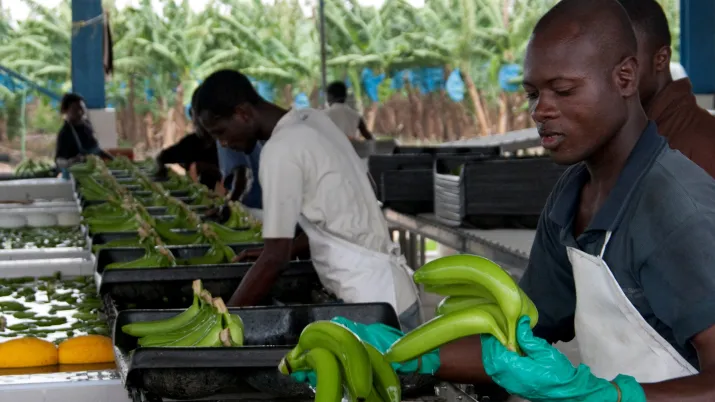
Village plantations central to sustainable agribusiness
Development of village plantations is a major contributor to the expansion of sub-Saharan Africa's agribusiness sector. SIFCA has instigated a strategy to assist outgrowers and in particular to suppor...
Published on
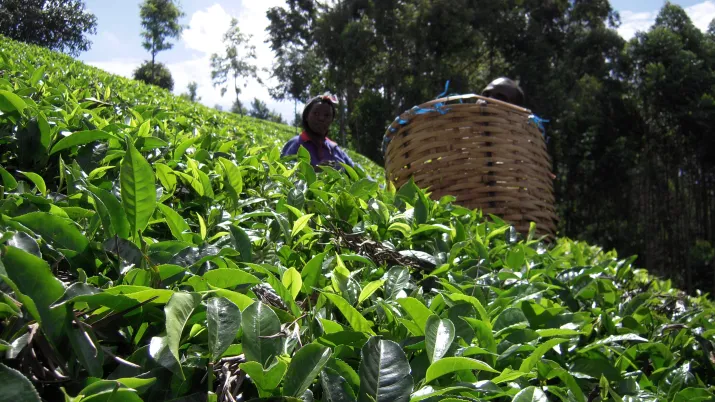
The volatility of agricultural prices undermines food security in developing countries
The volatility of agricultural prices undermines food security in developing countries. It is a well-known issue which calls for proactive, consistent agricultural policies that address the various ri...
Published on
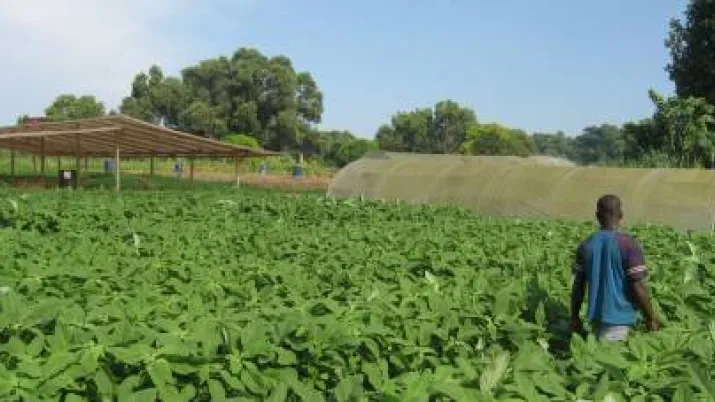
Strengths and weaknesses of Africa's agrifood industries
Africa's agrifood sectors are booming. Besides producing food for local consumption, the food industry is supplying the towns with processed products. However, a lack of facilities and equipment, poor...
Published on
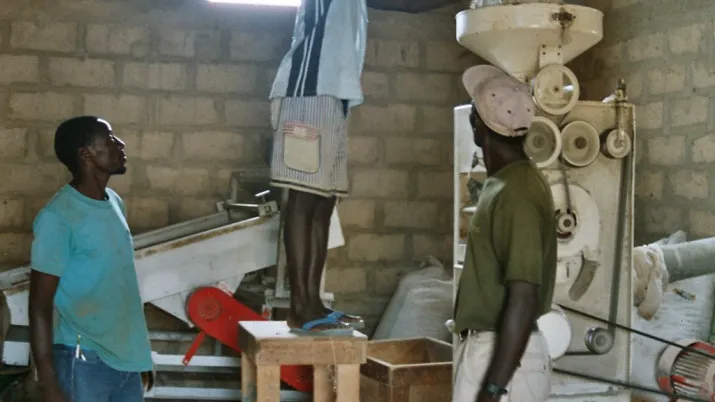
Modernising the agro-industrial sector in sub-Saharan Africa is a social, political and economic necessity
Modernising the agro-industrial sector in sub-Saharan Africa is a social, political and economic necessity requiring the introduction of effective agricultural policies, support for the formation of v...
Published on
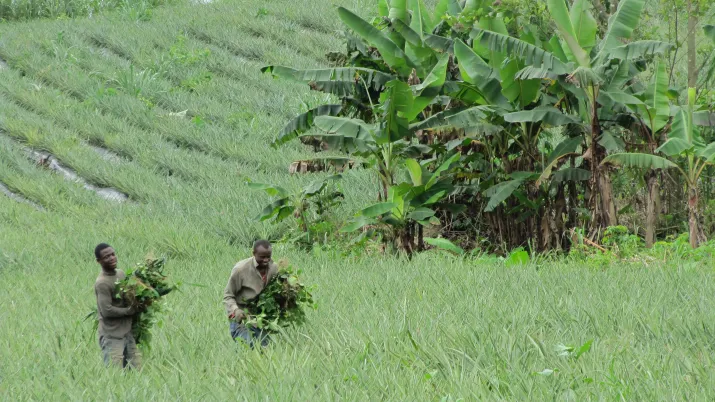
Pioneer role of DFIs in sub-Saharan Africa
Growth in emerging markets is currently leading the financial development institutions (FDIs) to re-focus their efforts on low-income countries – bringing sub-Saharan Africa to the fore once again. FD...
Published on

Private equity and SMEs: an instrument for growth
Stabilising growth in Africa – growth which is real but fragile – depends partly on the dynamism of SMEs, which receive little in the way of private equity support. Funds' profitability can be enhanc...
Published on
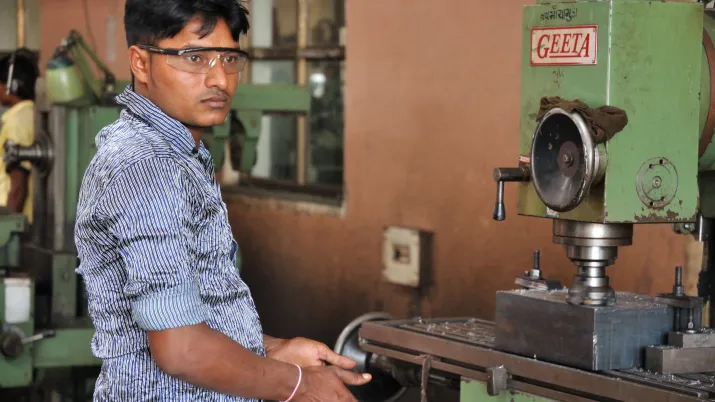
The transparency challenge facing private equity
When hedge funds are set up in offshore centers, they benefit from favorable conditions when investing in Africa. Their investments may spur economies, but short-term profit targets, the lack of trans...
Published on

Living with an investment fund – the company perspective
From the decision to open up its equity capital to the withdrawal of the private equity fund four years later, step by step SOMDIAA reveals the four stages of this marriage of two worlds, and shows ho...
Published on
